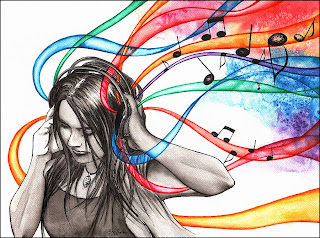We are well into our holiday season, this lovely span between Thanksgiving and the Winter Break that our students need and well deserve after their Early Civilizations diorama projects and Algebra II Tests. It’s also a time of higher stress for parents, who shoulder the burden of planning parties, family get-togethers, and making sure holiday traditions are experienced by our youngsters with all the wonder and magic we can muster.
There has been quite the hullabaloo in our area about what name is placed on school calendars for ‘Winter Break’, and how that might affect morale for all involved. Tradition is incredibly important (take it from Tevye of Fiddler fame) for adults and children alike, on that I think we can agree. Tradition, after all, is our way of paying homage to those that came before us, because without them…we wouldn’t be here!
The hullabaloo has engendered some very important discussions with our political leaders (particularly at local levels) and hopefully our neighbors and coworkers, too. Now, civil discourse is an idea that can get lost in the melee of digital photos and online postings, emailed holiday cards and the like. But having healthy conversations about our traditions and our points of view is what makes our world an increasingly wonderful place to live. And let’s be clear: these discussions should have nothing to do with ‘convincing’ someone else that WE are correct – instead, they should be opportunities to empathize, and to understand where others in our world are coming from.
So, this holiday season, let’s have our discussions, and our conversations, and keep them absolutely civil – if not for us, then certainly so that we can ensure that our children see as much magic, beauty and tradition in the holiday season as possible!
Happy Holidays!
Give the gift of music this year!





